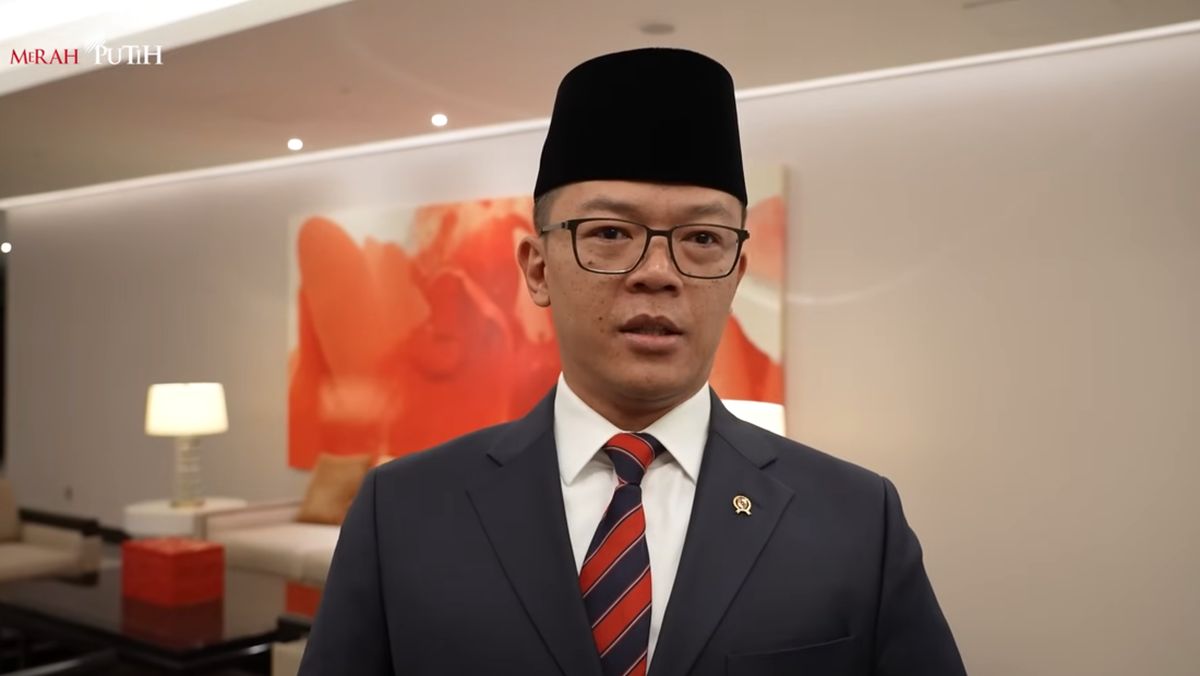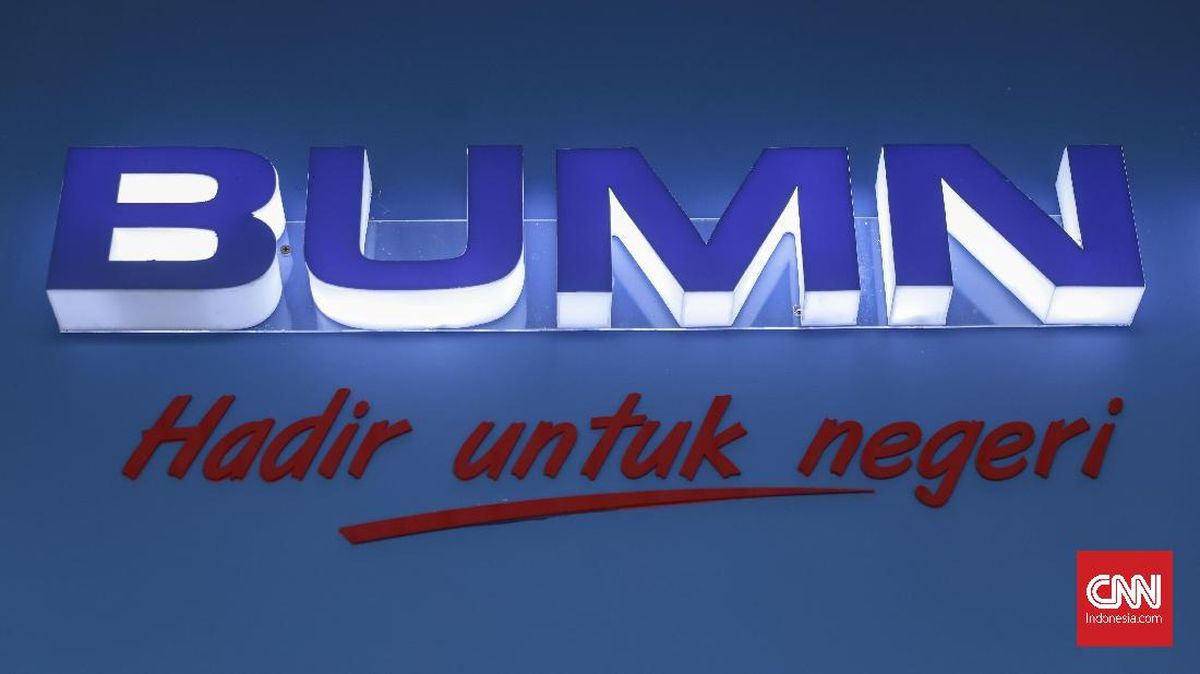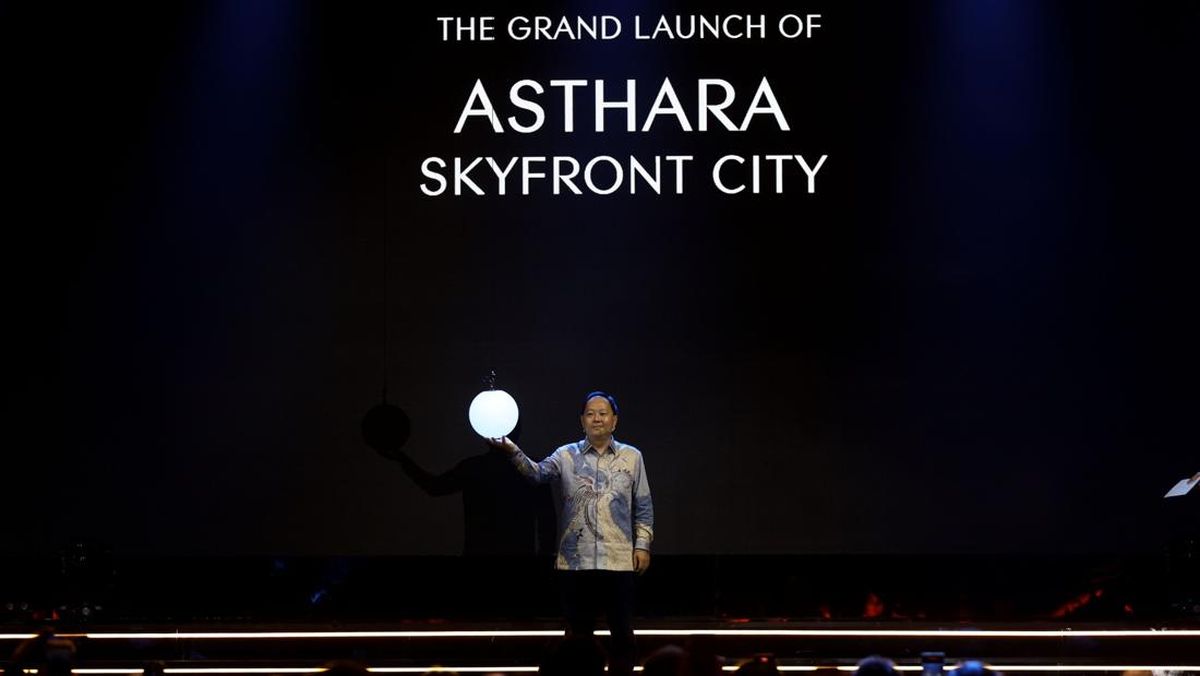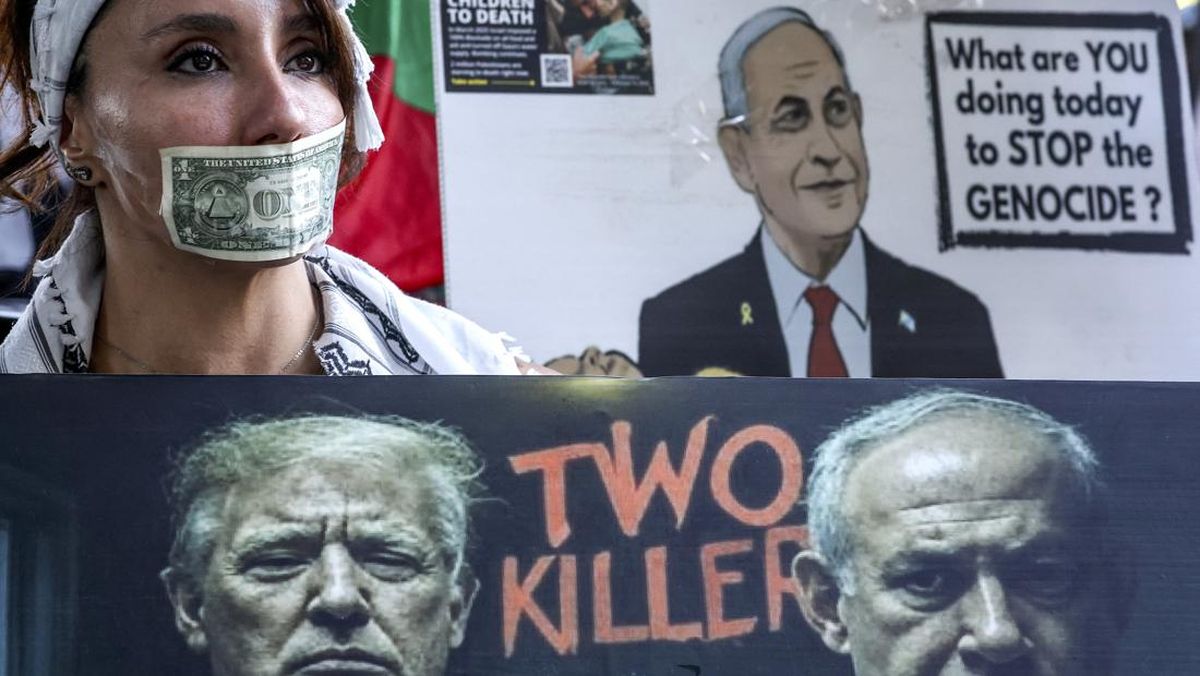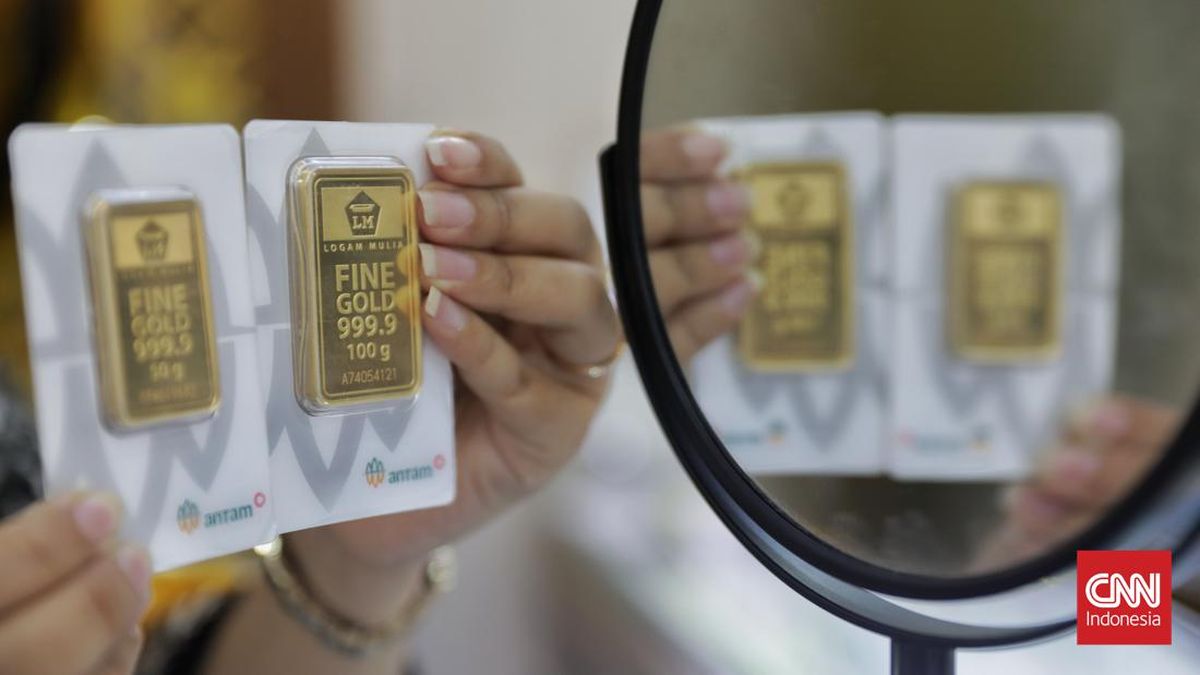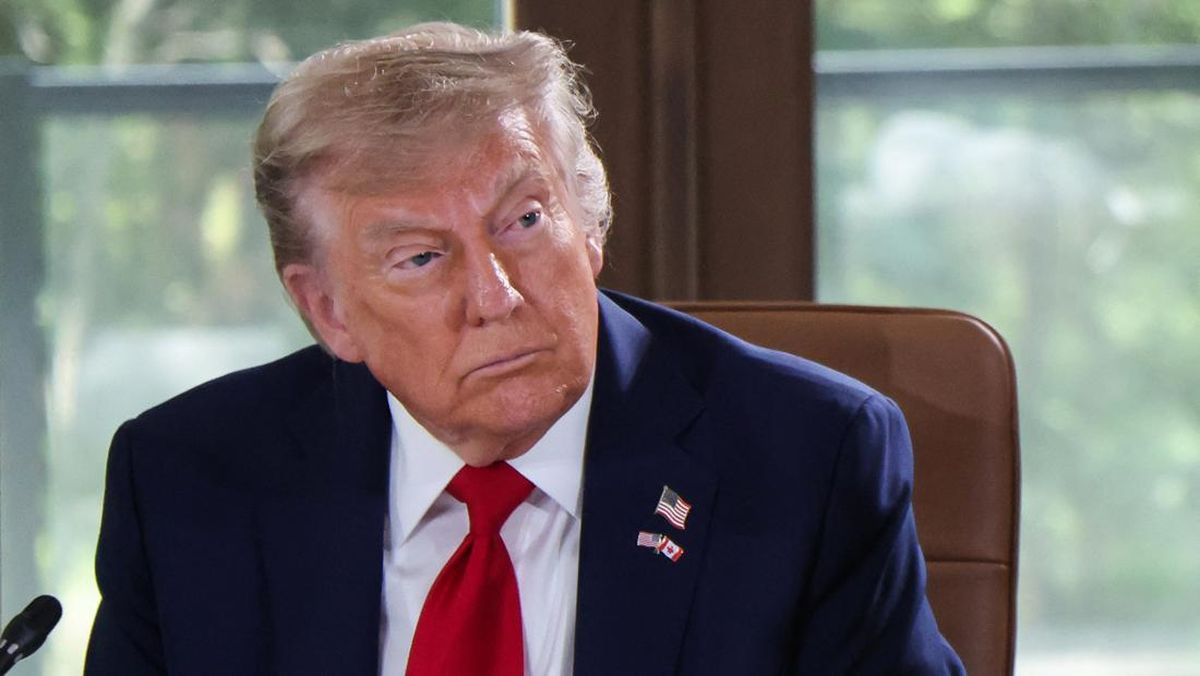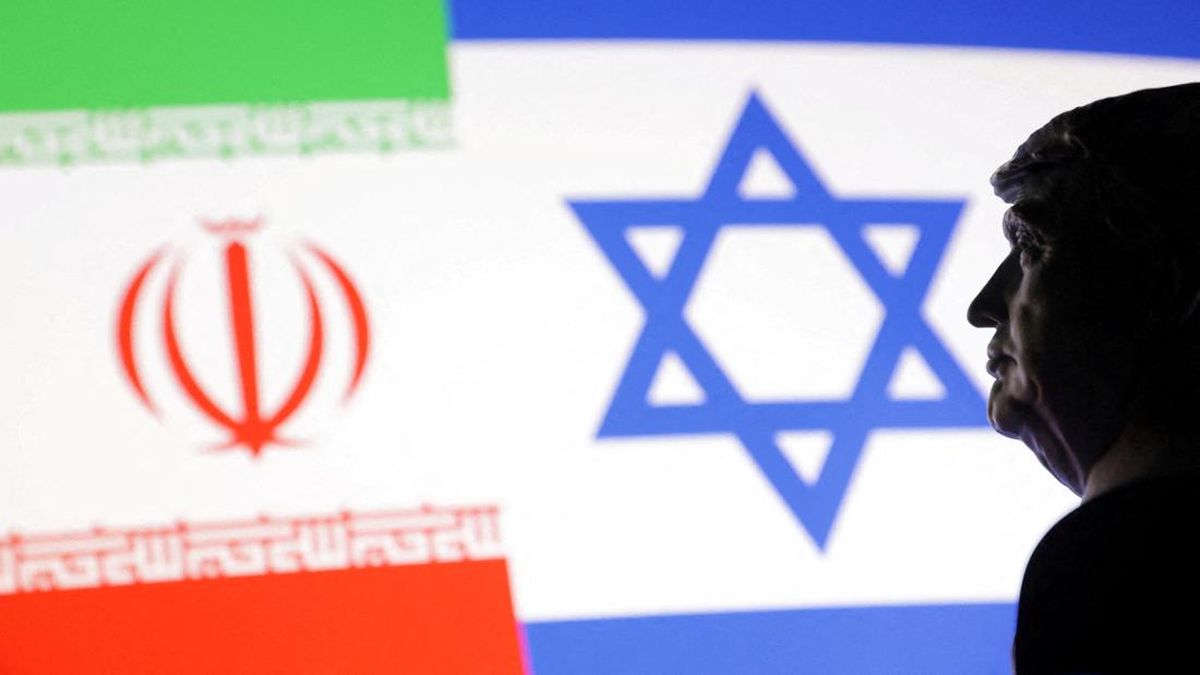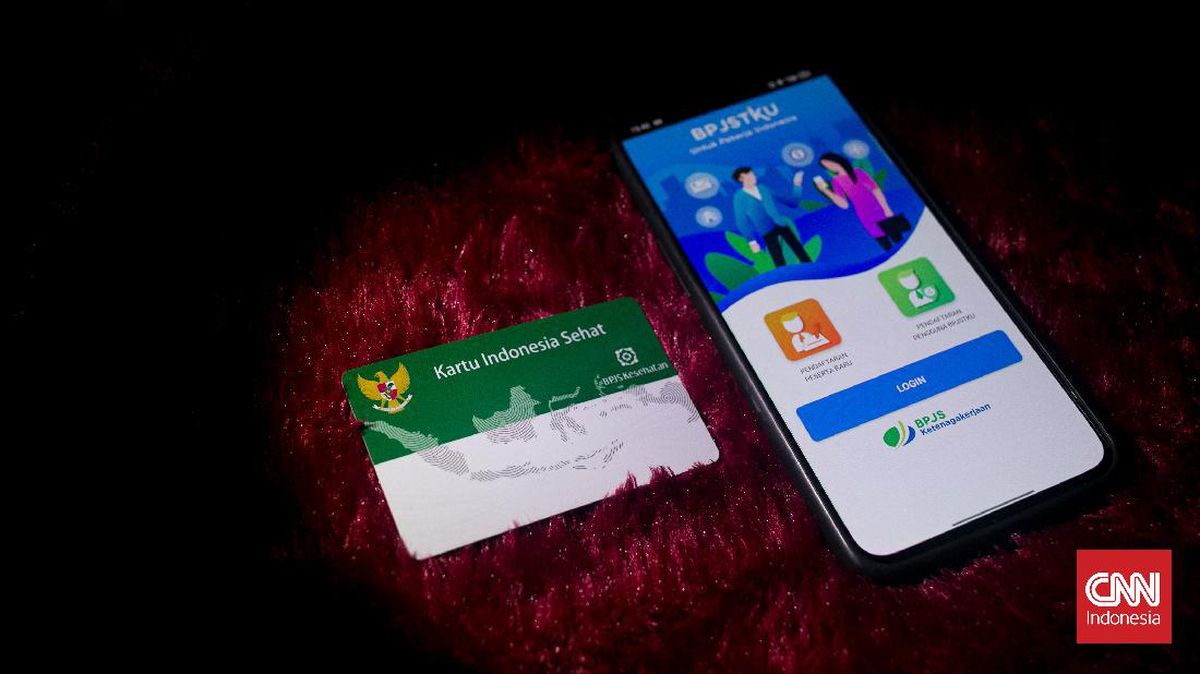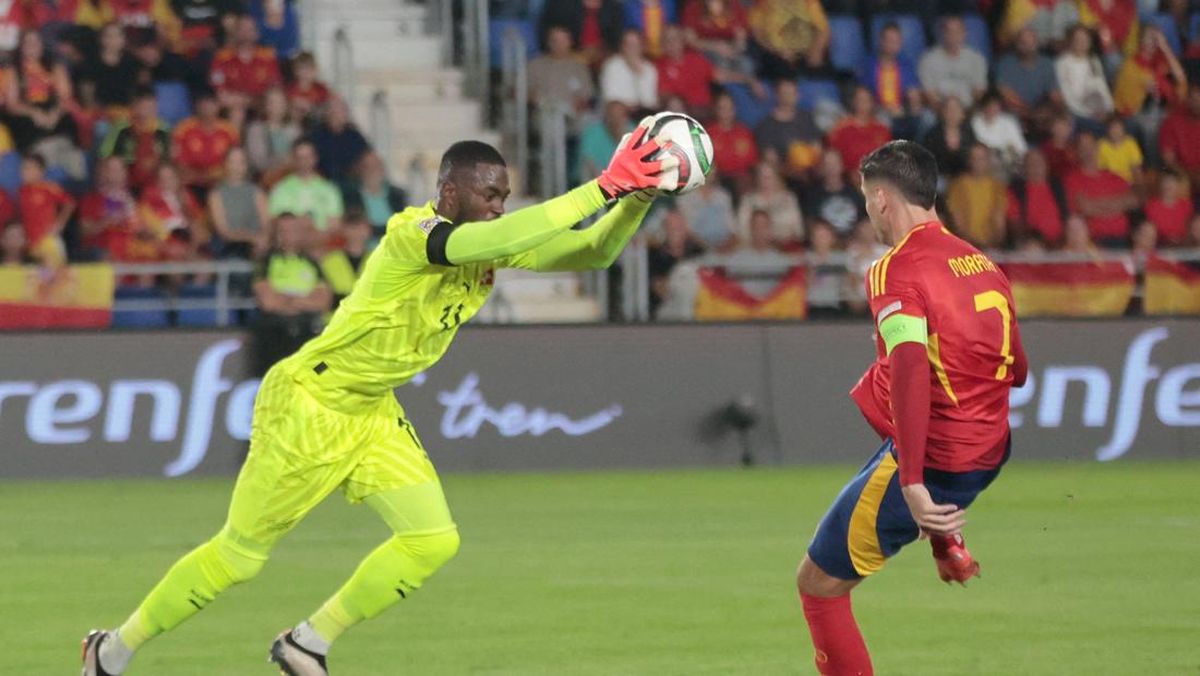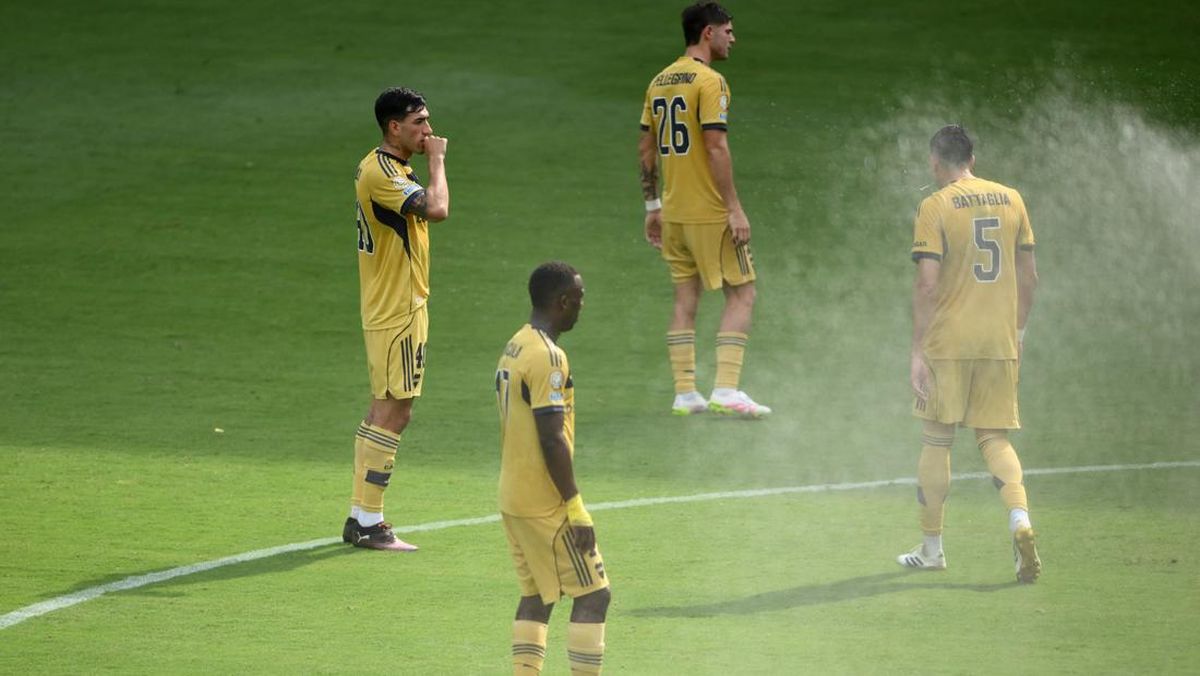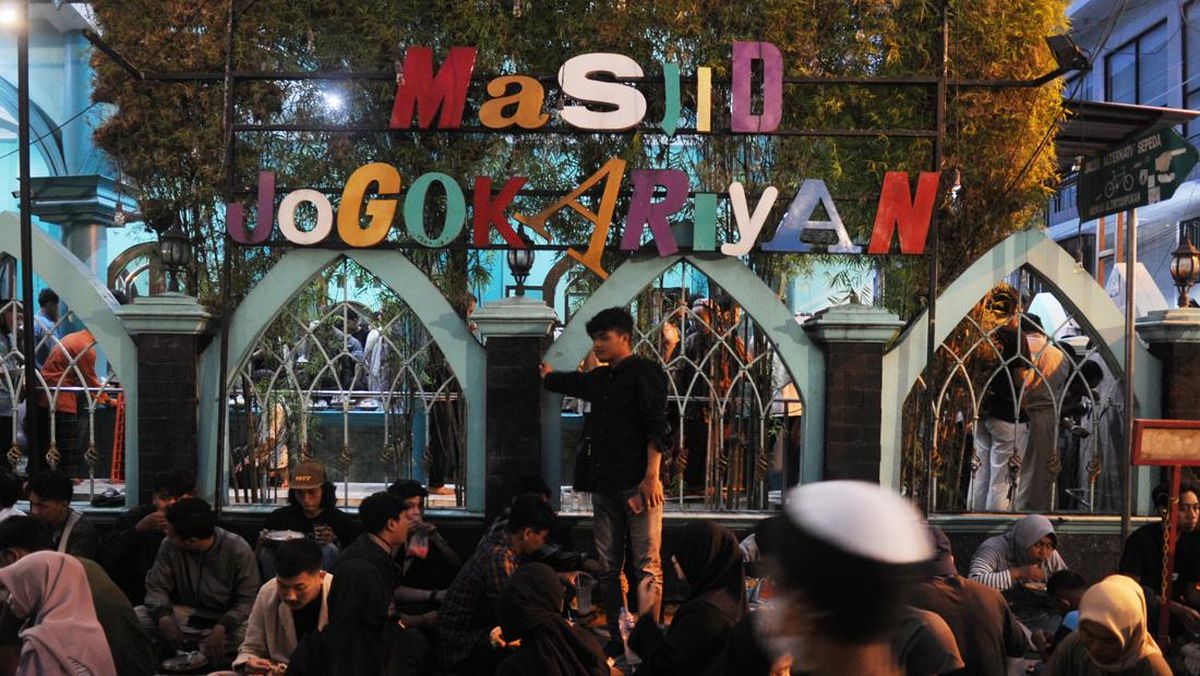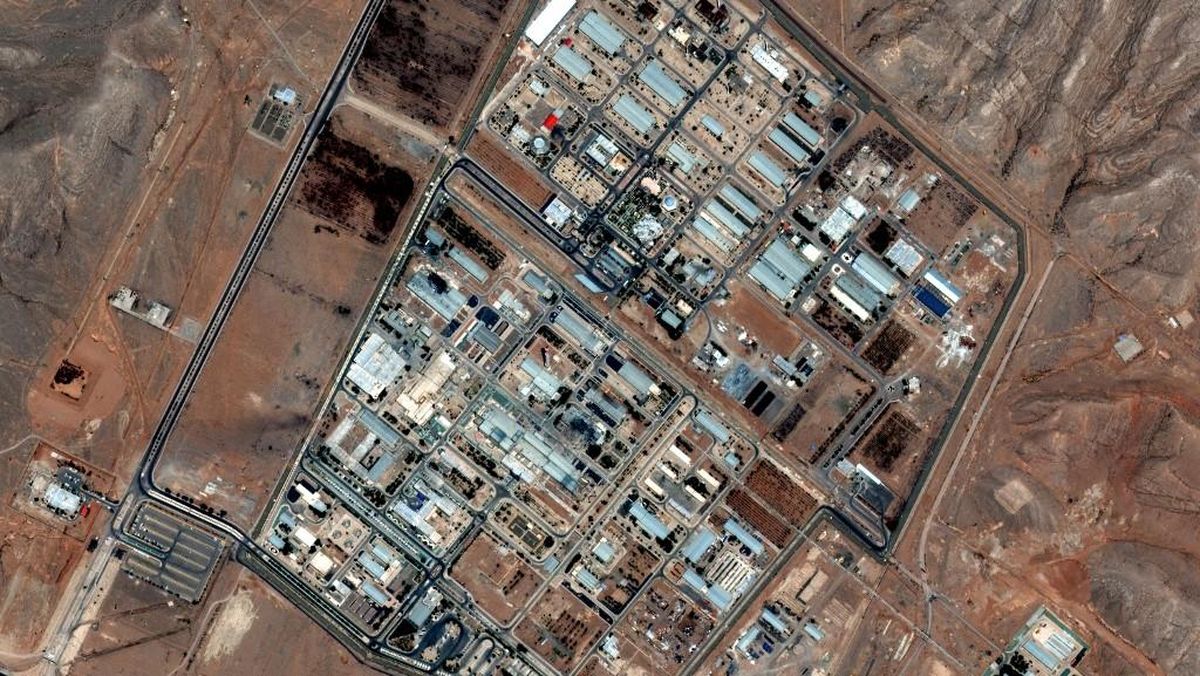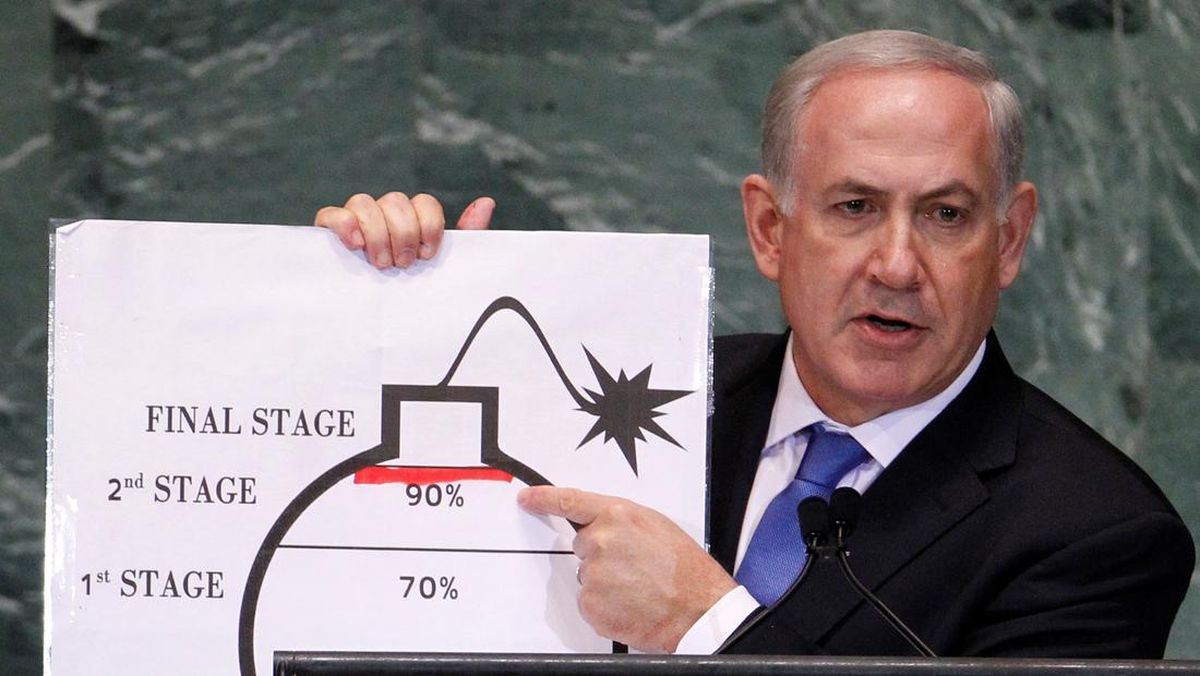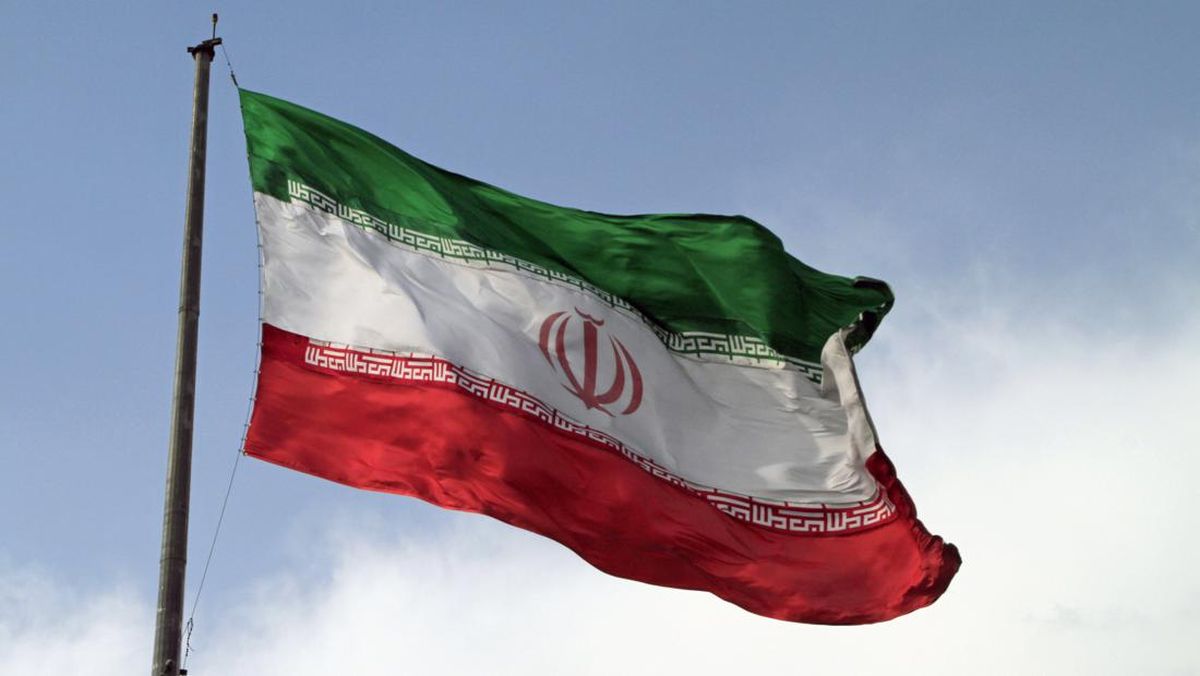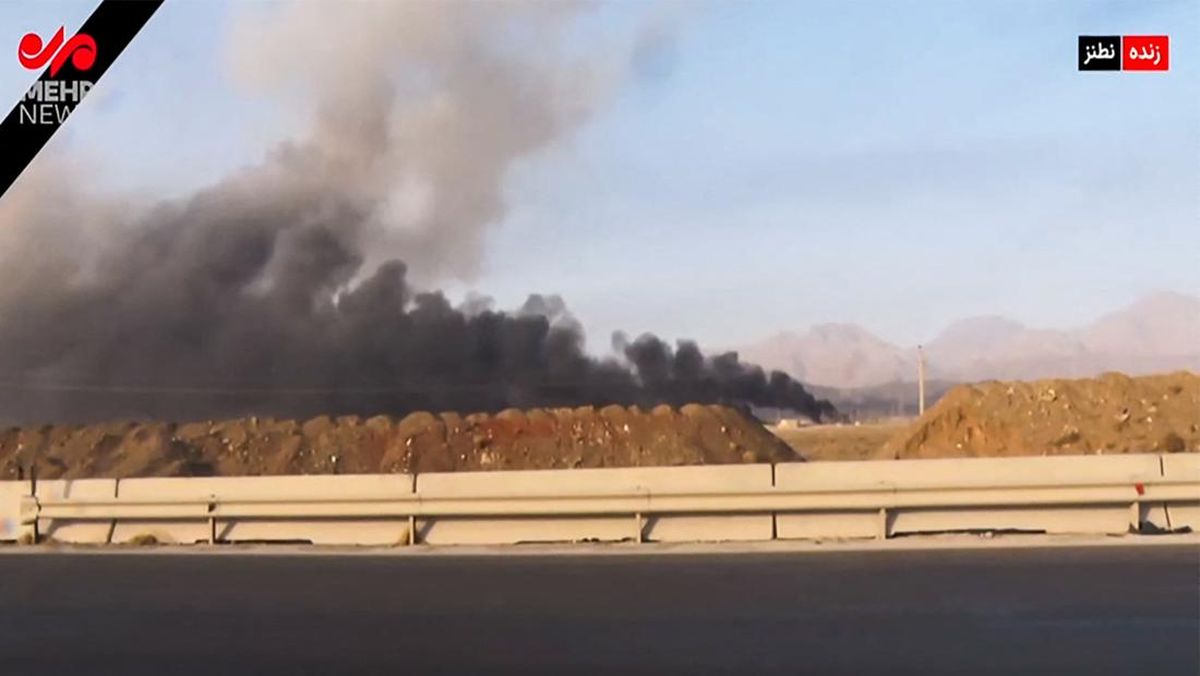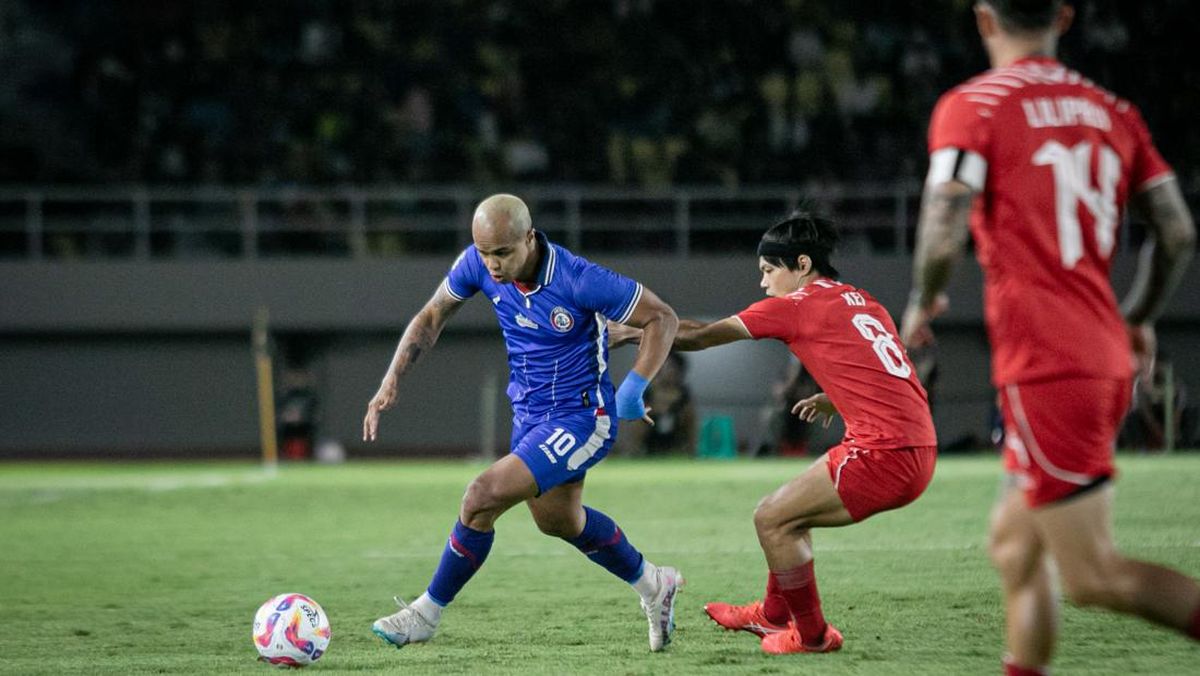In the early hours of June 9, Israeli forces intercepted the Madleen ship in international waters, near the coast of the Gaza Strip. The yacht, carrying 12 activists from seven countries and humanitarian aid and food supplies, had been sailing for just over a week. Among the activists was Greta Thunberg, who has been consistently demonised and mocked by Israeli politicians and others for her support of the Palestinian struggle.
The aid on board was a symbolic quantity, and it would not have made much of a difference had it reached the starving Palestinians in Gaza. The United Nations estimates that at least 500 trucks of aid are needed daily in order to meet their basic needs. It was also expected that Israeli forces were going to stop it before it reached Gaza’s shores.
Nevertheless, the Madleen carried out an important mission. It demonstrated to the world and to governments that are refusing to abide by their international legal obligations to stop the genocide and lift the blockade that Gaza will not be forgotten.
The Madleen was organised by the Freedom Flotilla Coalition (FFC), a grassroots group which campaigns in solidarity with the Palestinian people. In May, another of their boats – Conscience – was attacked by drones just outside of Maltese territorial waters. The damage was so significant that it was not able to continue its journey to Gaza.
The FFC is part of a decade-and-a-half-long effort by activists to break the blockade of Gaza. In 2010, a flotilla of six ships from Turkiye sailed for the Strip before Israeli troops intercepted it in international waters. The largest ship – the Mavi Marmara – was stormed by Israeli commandos who opened fire and killed nine activists and journalists – all Turkish citizens. To date, the victims of Mavi Marmara have yet to receive justice.
In the aftermath of the bloody raid on the flotilla, Noam Chomsky wrote: “For decades, Israel has been hijacking boats in international waters between Cyprus and Lebanon, killing or kidnapping passengers, sometimes bringing them to prisons in Israel including secret prison/torture chambers, sometimes holding them as hostages for many years. Israel assumes that it can carry out such crimes with impunity because the US tolerates them and Europe generally follows the US lead.”
Under international law, the interception of both – the Mavi Marmara and the Madleen – is unlawful. Israeli forces have no legal authority to detain international activists in international waters. As Huwaida Arraf, a Palestinian American lawyer and FFC organiser, said: “These volunteers are not subject to Israeli jurisdiction and cannot be criminalised for delivering aid or challenging an illegal blockade – their detention is arbitrary, unlawful, and must end immediately.”
Gaza lies on the Mediterranean Sea, and yet it has been hermetically sealed from its Mediterranean neighbours for decades. Israel’s air, land and sea blockade began in 2007, but even before that, Israeli naval forces monitored and restricted access to Gaza’s coastline.
The 1993 Oslo Accords did not grant the Palestinians full sovereignty over their own waters, giving them instead access to 20 nautical miles (37km) from the Gaza coast for fishing, recreation and the extraction of natural resources such as gas. This is just 10 percent of the 200-nautical-mile limit for sovereign countries set under the UN Convention on the Law of the Sea.
But even these 20 nautical miles were never respected by the Israeli regime, which restricted the Palestinians to smaller and smaller spaces on the coastline. This has completely cut the Palestinians off from the outside world and has had a disastrous impact on Gaza’s seafaring tradition and fishing industry.
Fisherpeople have been forced to fish in a very restricted area, which has inevitably led to overfishing. Since the beginning of the genocide, Gaza’s fisherpeople have been targeted and killed and had their boats bombed and equipment destroyed. Among them is Madleen Kulab, the only Palestinian female fisher in Gaza, after whom the Freedom Flotilla ship was named. The mother of four has been repeatedly displaced during the genocide and is now sheltering in her damaged home. Her fishing days are over.
Under international law, UN members have the obligation to act when a severe crime like genocide is taking place. They have the duty to impose sanctions, including an arms embargo. Instead, the European Union, from where the majority of the activists on the Madleen hail, has not only renounced this obligation, but also continued to supply weapons to Israel, despite public opinion among Europeans overwhelmingly opposing the Israeli regime and its continuing genocide.
The activists on the Madleen knew they would not reach their destination, but they chose to partake in this life-threatening act of solidarity to bring the world’s attention back to Gaza and to draw attention to the criminal inaction of their governments. As Greta said: “We are doing this because no matter what odds we are against, we have to keep trying, because the moment we stop trying is when we lose our humanity.”
The Madleen may have been stopped at sea, but its message travels far: The blockade is not invisible, nor will it be forever. Each intercepted vessel, each detained activist, each act of defiance reaffirms that Gaza is not forgotten – and that until freedom is restored and justice achieved, the sea will remain a front line in the struggle for Palestinian liberation.
The views expressed in this article are the author’s own and do not necessarily reflect Al Jazeera’s editorial stance.

 3 months ago
32
3 months ago
32






























